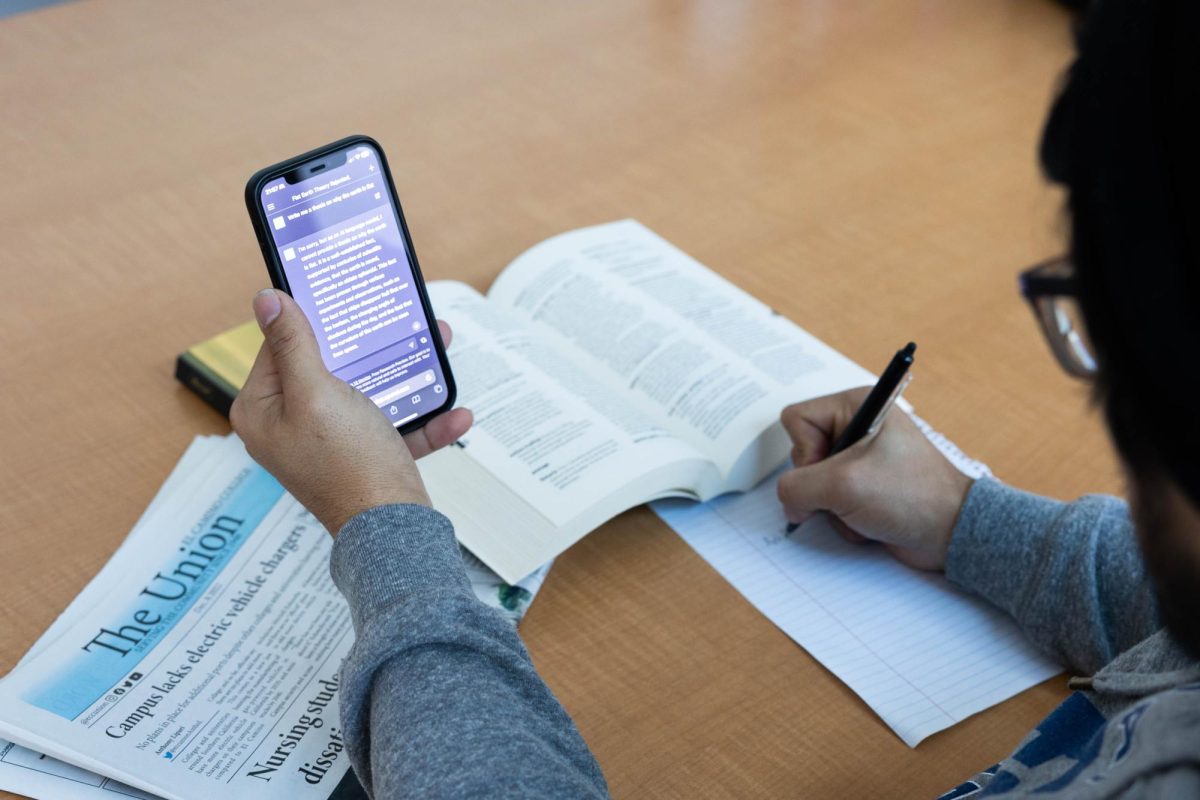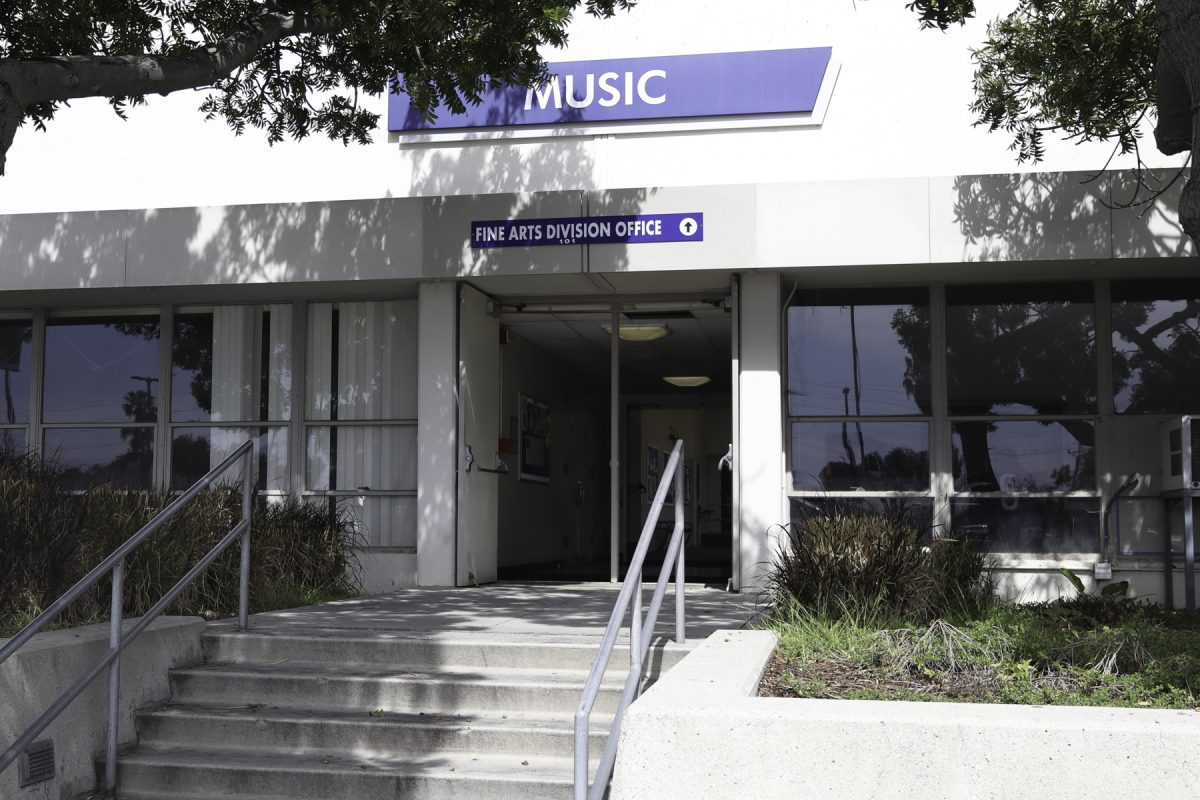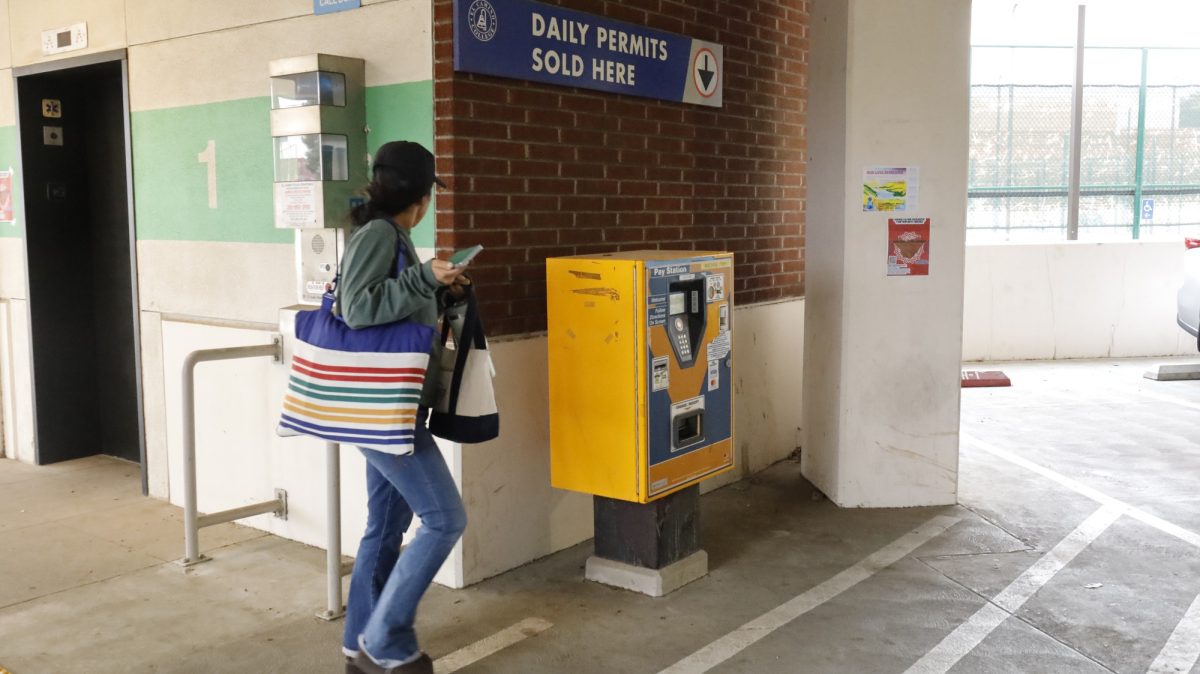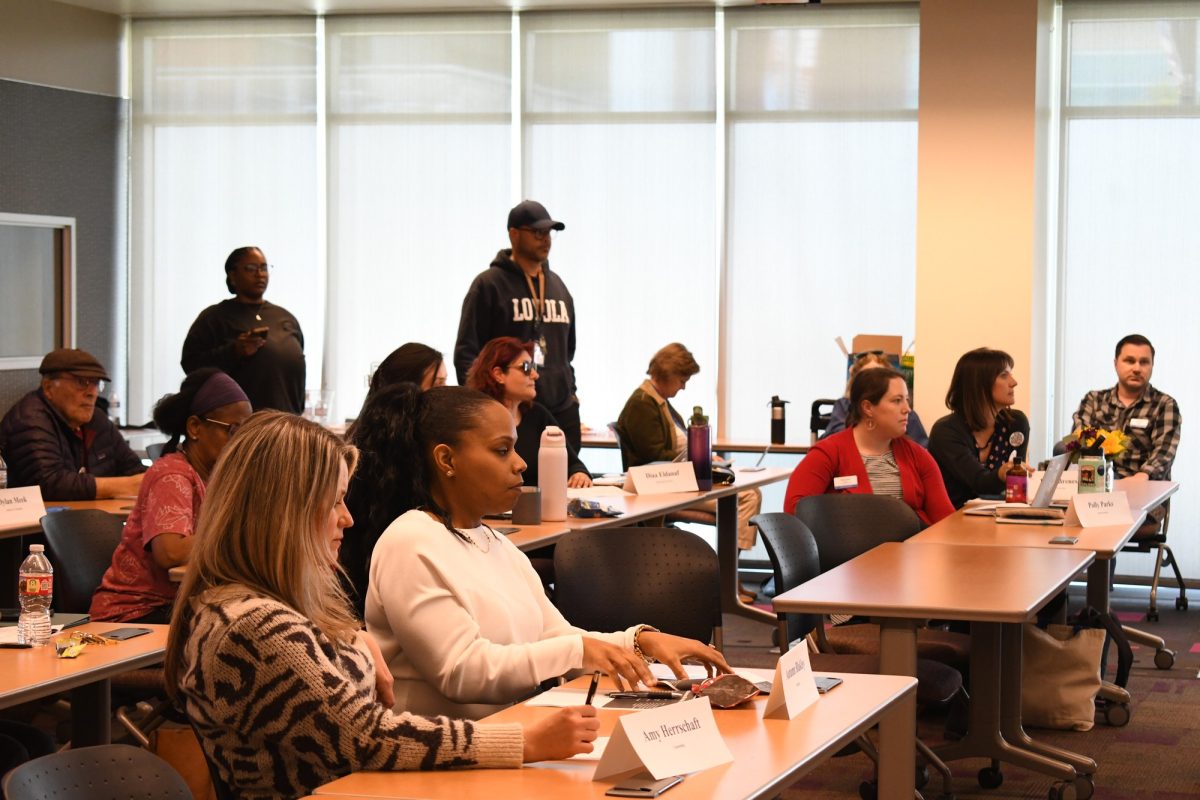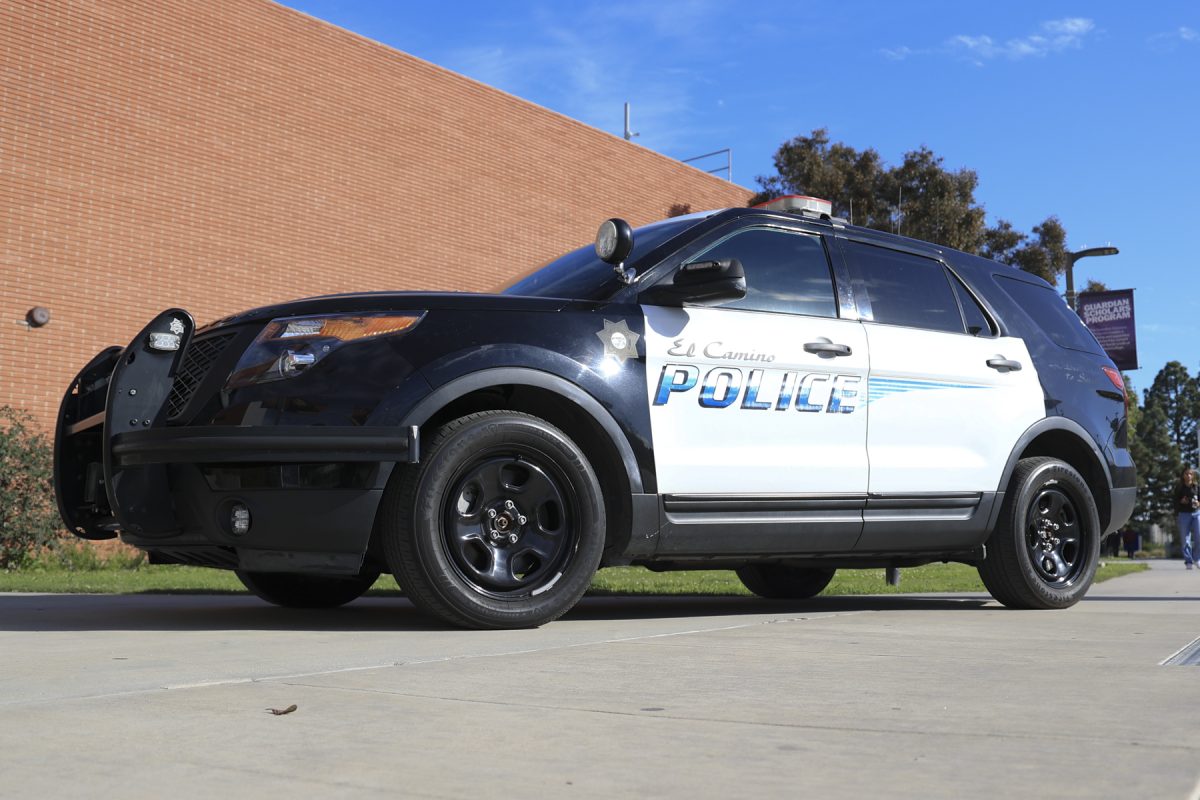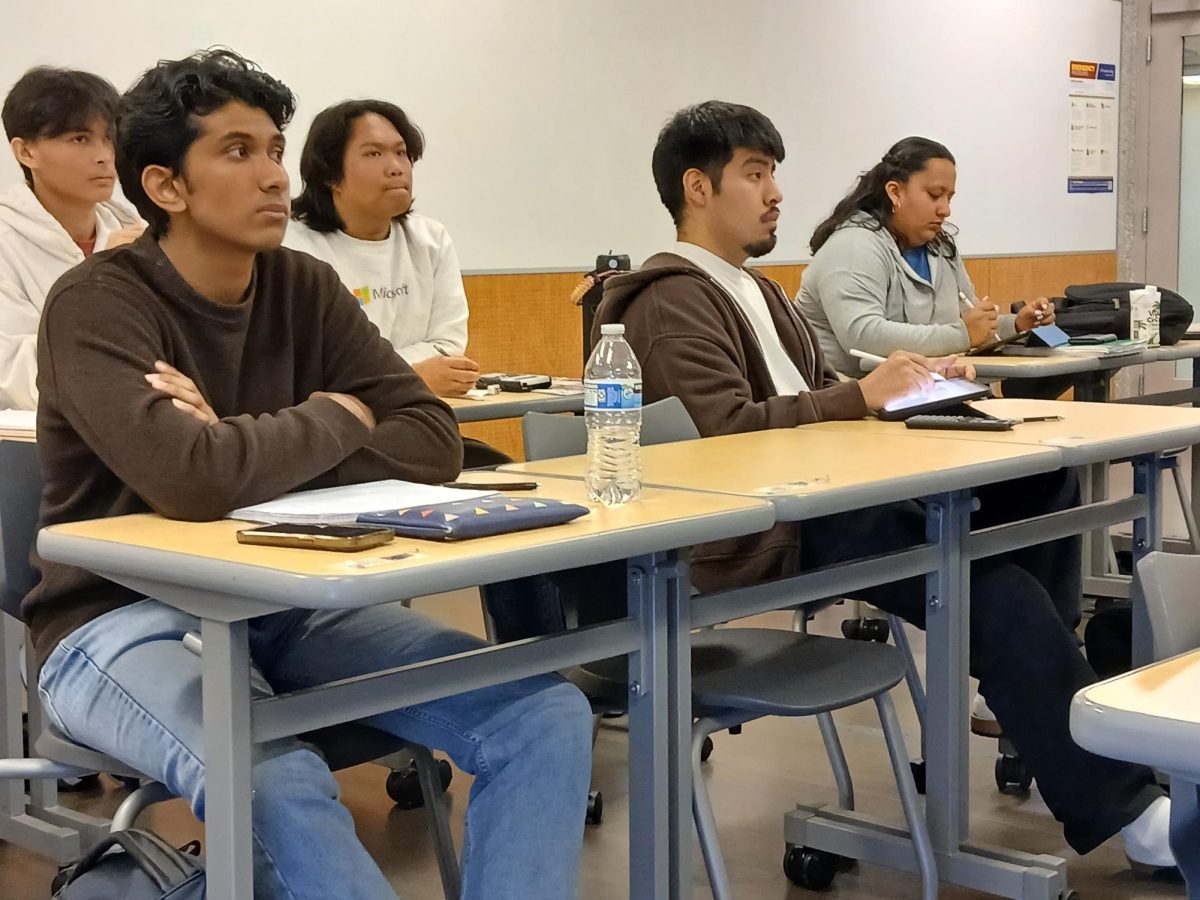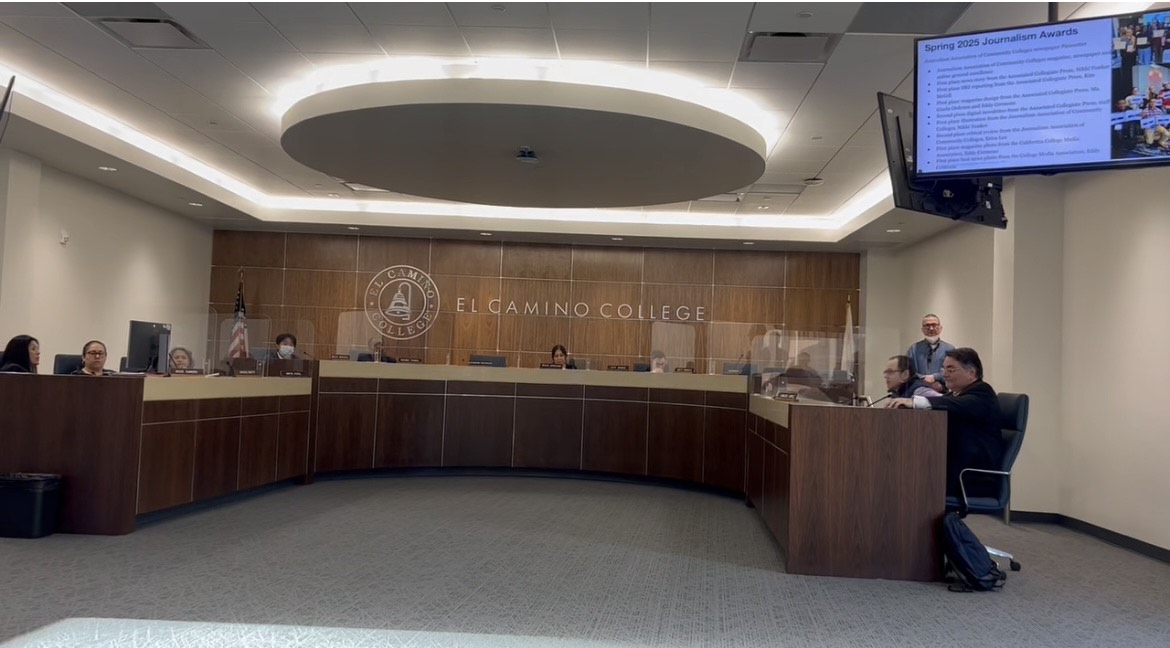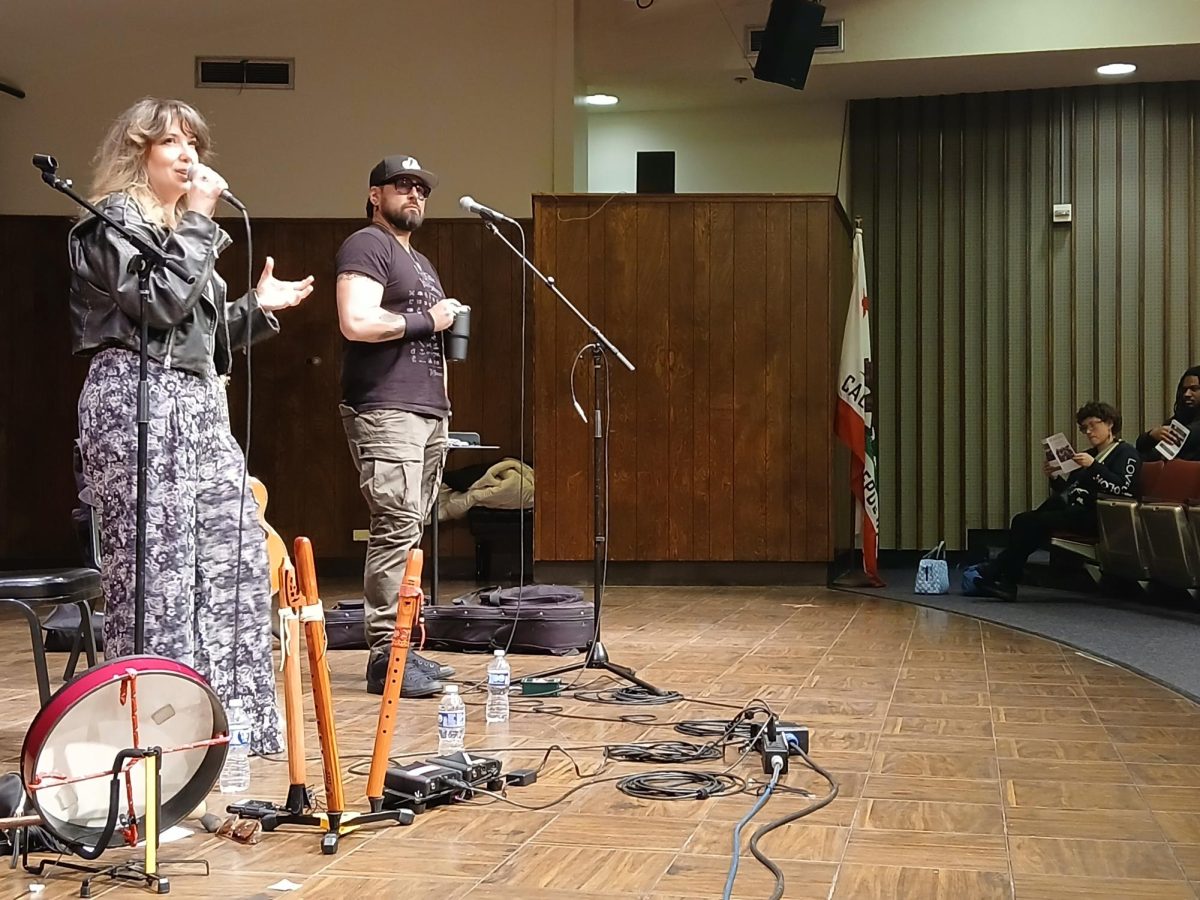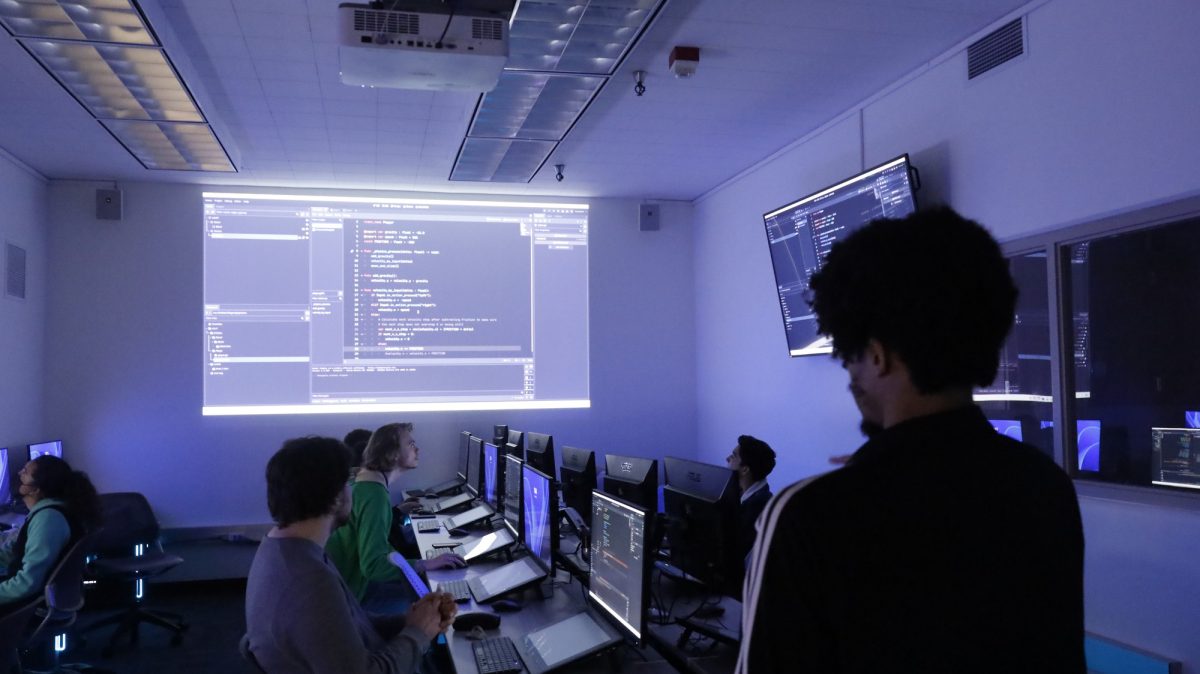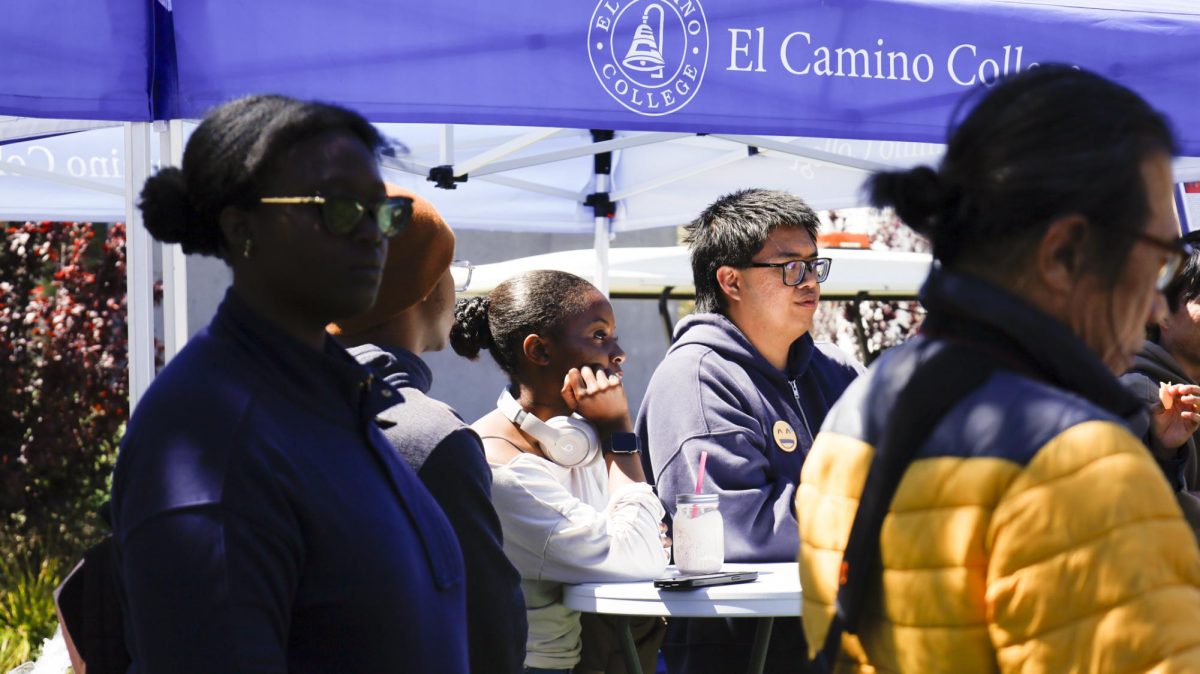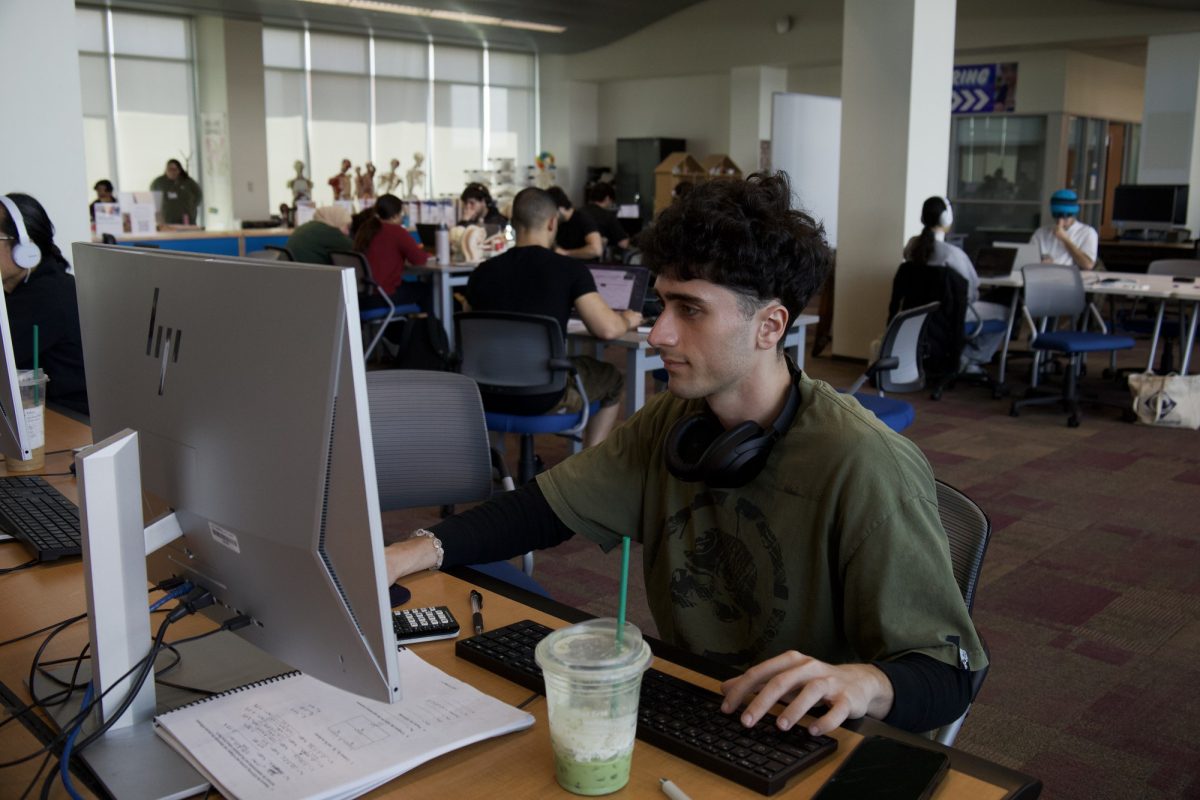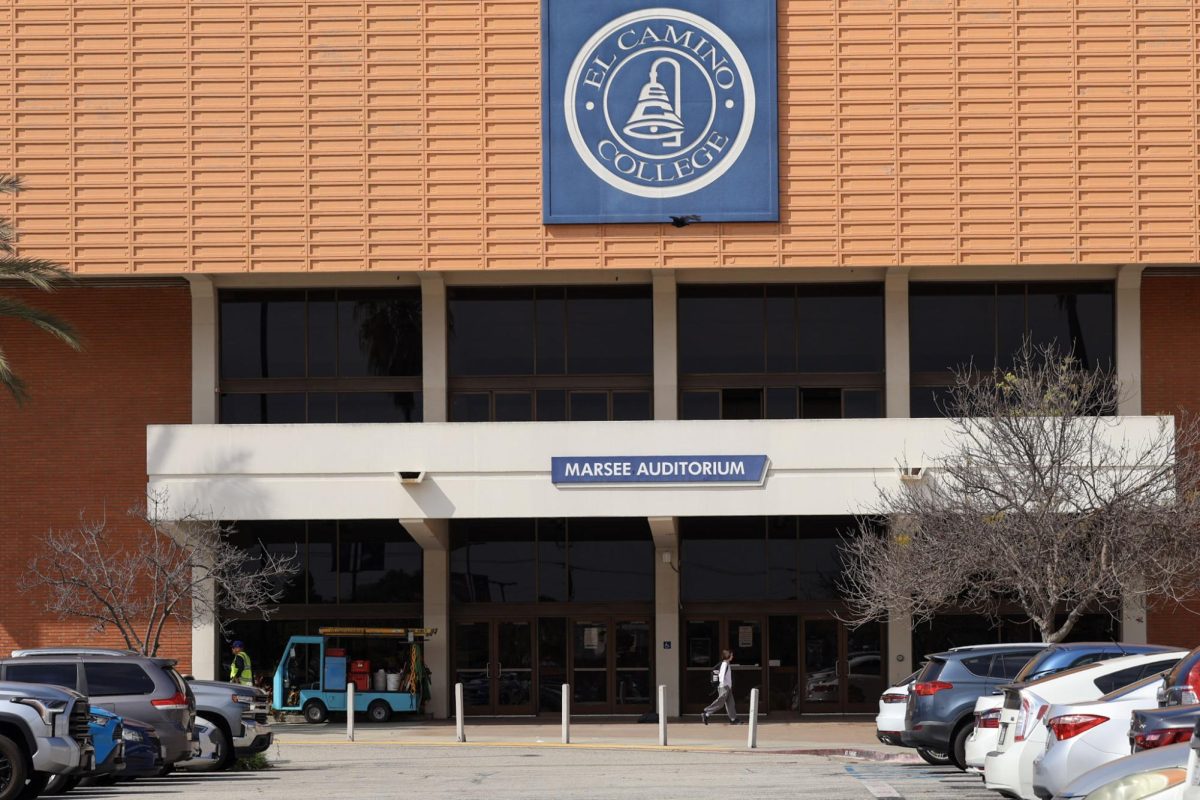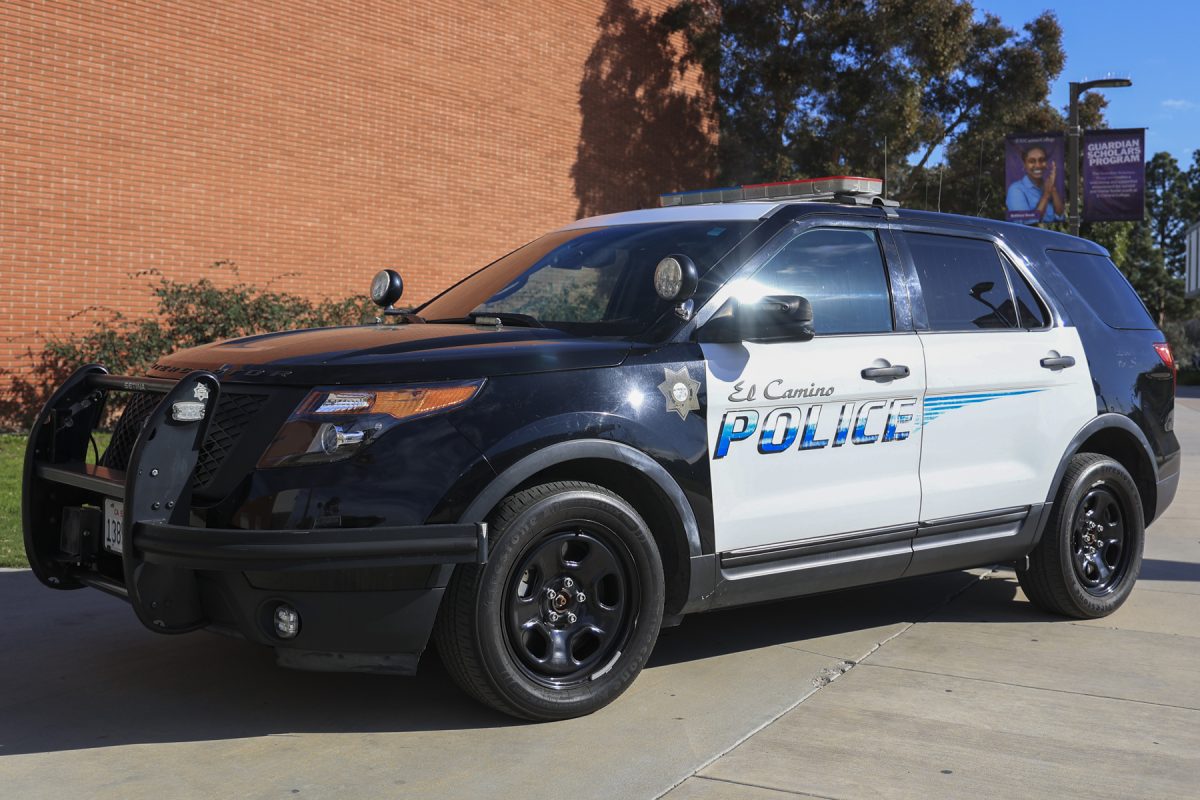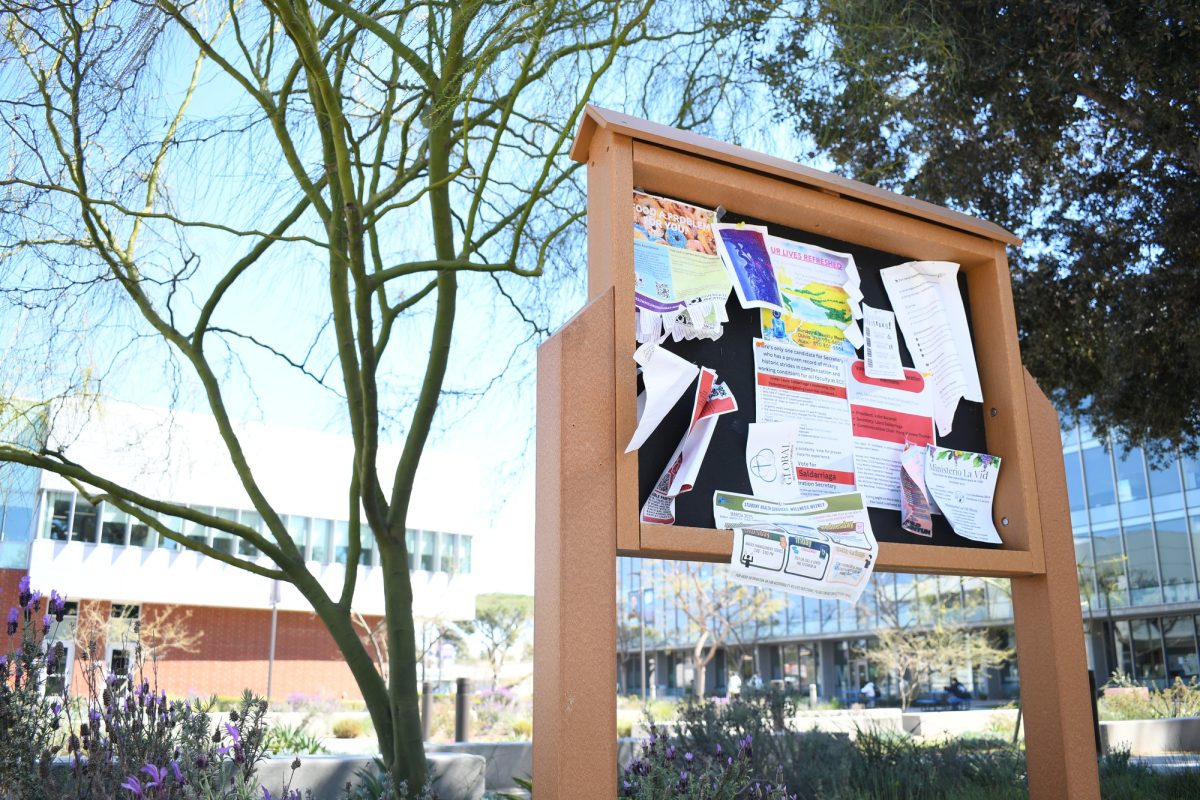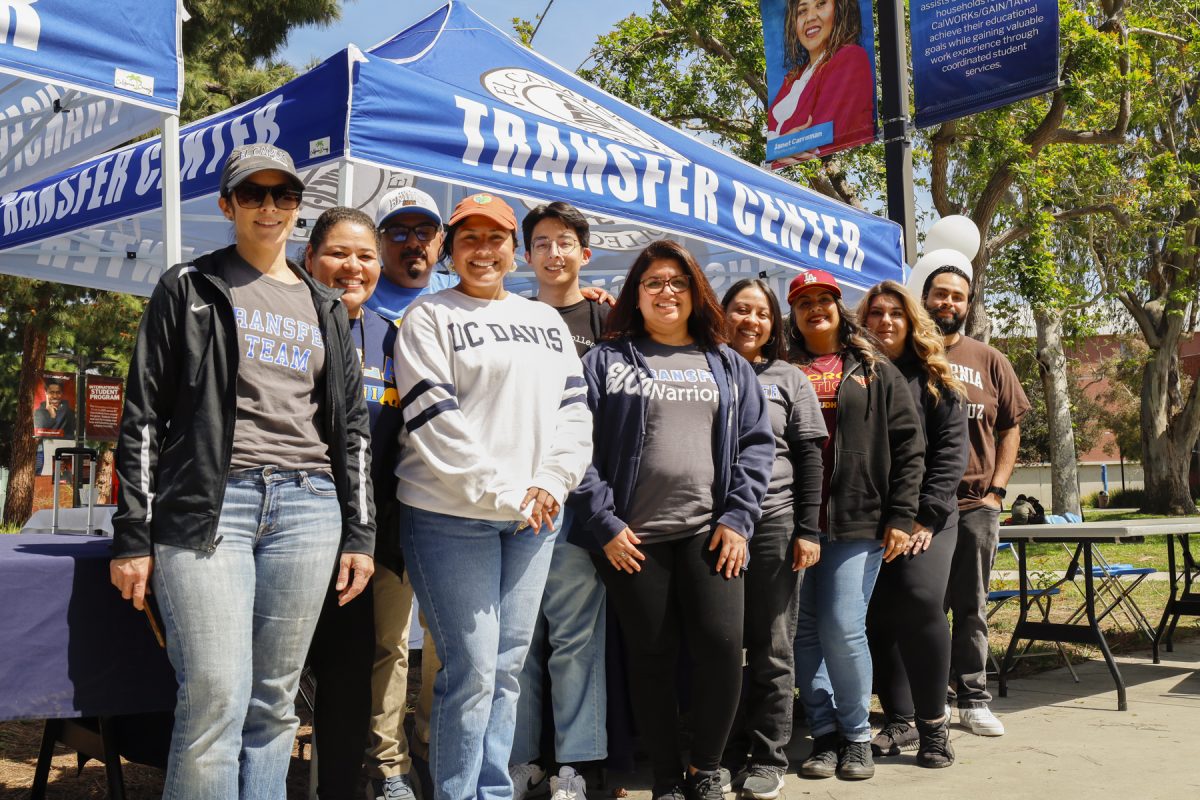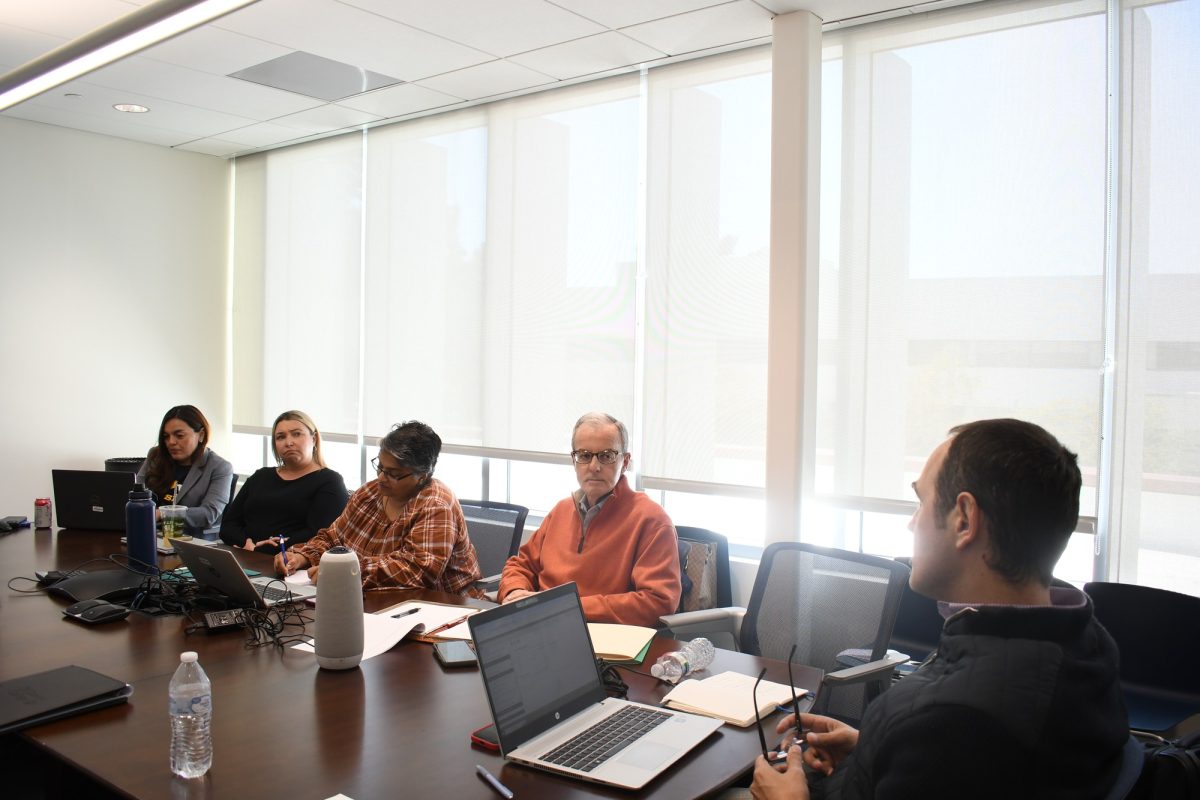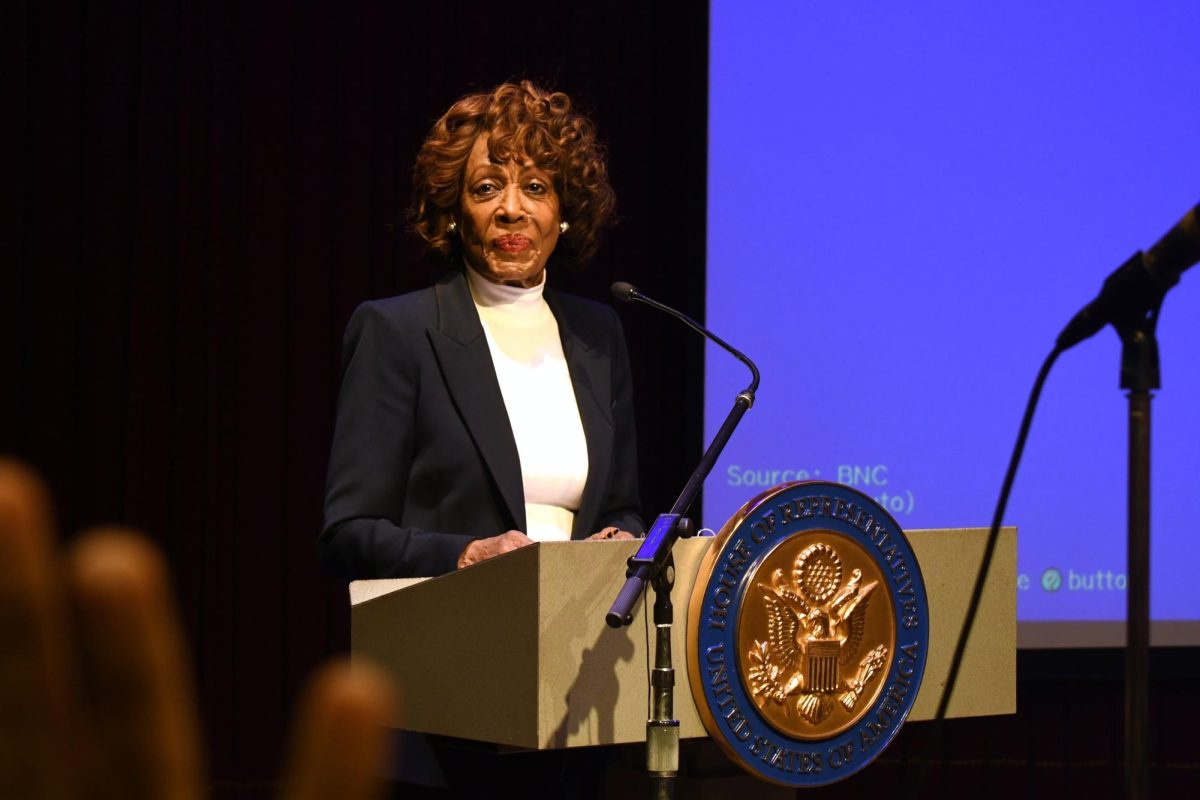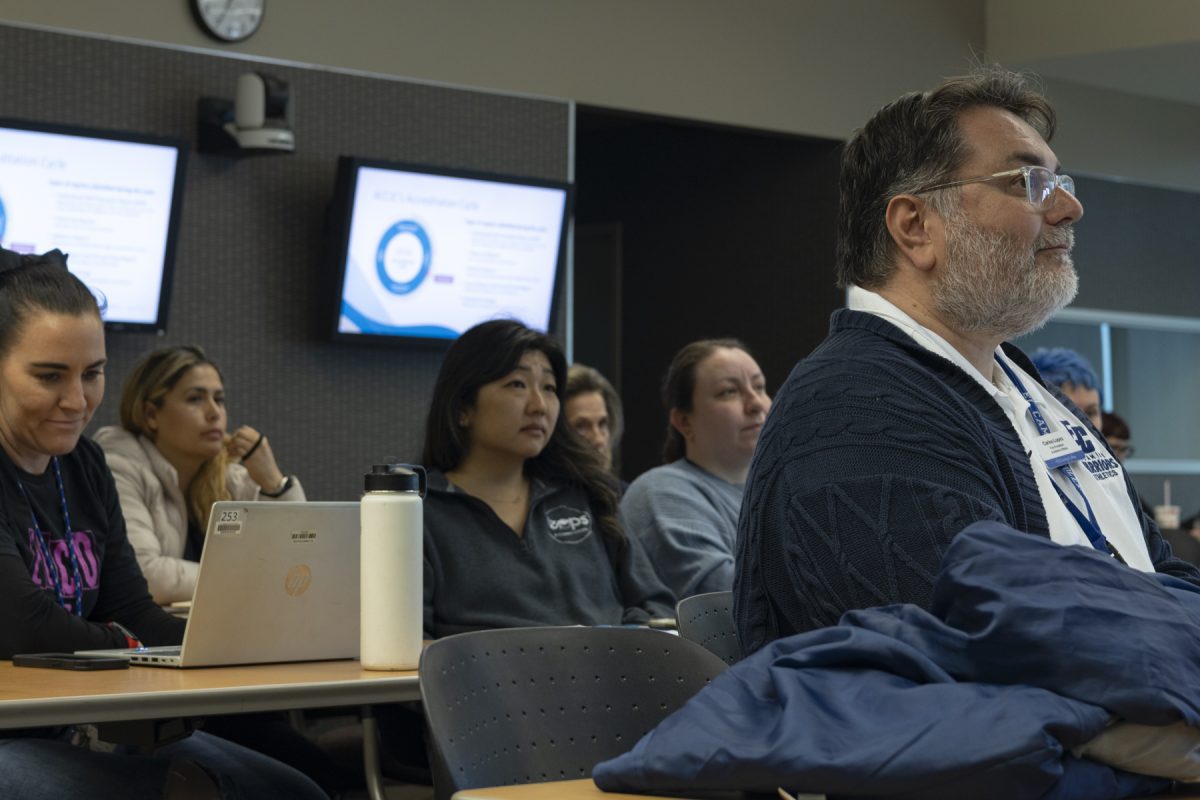In an age where technology develops seemingly every day, El Camino College has been utilizing certain artificial intelligence programs to help students with disabilities get their proper education.
Otter.ai is an AI program that audio records conversations in real-time, automatically transcribes audio into a written text and can even help generate short summaries of longer texts.
For 40-year-old business student Clay Grant, the use of this program has improved his academic career at El Camino.
Before his recent enrollment at El Camino, Grant worked as a Deputy Sheriff at the Los Angeles County Sheriff’s Department for close to 15 years.
After suffering from a stroke in 2021, Grant had difficulty with reading, spelling and memorization skills. Despite this, he returned to school.
Although Grant has certain limitations in the classroom he says that the transcription program serves as an assistance aid, it is not a necessity for him or his grades.
“I didn’t struggle [in class], it was more of an enhancement,” Grant said.
Grant liked how easy the program is to navigate and he said that it helped him retain even more information. Due to the benefit of using Otter in class, Grant believes that it should be expanded outside of students with disabilities.
“I would say anybody, even if they don’t have a disability, should use [Otter],” Grant said.
The El Camino Special Resource Center has an agreement with Otter.ai that allows the college to give qualifying students licenses for the program. This allows qualifying students to use the transcription program in the classroom.
While Otter offers a free version of their services, premium features require a monthly fee. Individual pricing starts at $10 a month.
The Special Resource Center services around 1,000 students and has 100 licenses available from Otter; although only 60 to 80 are used per semester.
To receive a license for Otter, students must go through a process.
It begins with proving one’s disability and a consultation that decides whether the student qualifies or not.
If a student qualifies for a license, they then speak with their teachers and come to an agreement about recording in the classroom that works for both of them.
Once this happens, the student signs a contract highlighting what is and is not allowed to do with the program. Certain stipulations must be followed by using the program in an in-person classroom setting.
They are then taught how to use Otter by Brian Krause, the Special Resource Center assistive computer technology specialist.
“Roles and responsibilities indicate that the student cannot share the recording with others and it’s to be used in the context of the classroom and educational use,” Bonnie Mercado, special resource center supervisor said.
Although there are licenses available, not all students need one.
“Medical documentation will go ahead and indicate the level of need, so it’s not cookie cutter, it’s all very individualized,” Mercado said.
Although not every license is put to use, there are hopes of increasing usage and possibly the number of licenses as well.
“If we need to buy more, we will as we increase [the number of licenses]” Krause said.
The Special Resource Center has been using Otter for two semesters and they’ve received a lot of positive feedback.
“The interface is clean, sleek, and, again, a lot more user-friendly,” Mercado said. “Trying to keep the students in mind with regards to easy use.”
Krause attended the technology conference for persons with disabilities held each year by California State University Northridge.
“This is where everybody goes with the latest technology, sharing information. So this is where we find out about how other schools are using it and people do presentations,” Krause said.
Along with talking to colleagues and other peers throughout the state, the Special Resource Center found Otter to be a better fit for them than their previous program, Sonocent Audio Notetaker.
“As a person with a disability, I enjoyed having the visual representation and stuff that was there,” Krause said.



